We hope you’ll join us on November 30th for a special meeting of CFSA’s Solutions-Focused Community Book Club hosted in partnership with the Frances McClelland Institute for Children, Youth, and Families, Pima County Community and Workforce Development, Primavera Foundation, Tucson Agenda, Tucson Tome Gnome, and Social Venture Partners Tucson.
When: November 30, 2023 | 5:00 to 7:00 PM
Where: Community Foundation Campus
Book: Poverty, by America by Matthew Desmond
Please RVSP using the form below. Light refreshments will be provided.
About the Book
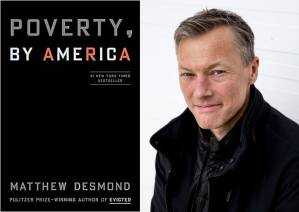
The Pulitzer Prize–winning, bestselling author of Evicted reimagines the debate on poverty, making a new and bracing argument about why it persists in America: because the rest of us benefit from it.
The United States, the richest country on earth, has more poverty than any other advanced democracy. Why? Why does this land of plenty allow one in every eight of its children to go without basic necessities, permit scores of its citizens to live and die on the streets, and authorize its corporations to pay poverty wages?
In this landmark book, acclaimed sociologist Matthew Desmond draws on history, research, and original reporting to show how affluent Americans knowingly and unknowingly keep poor people poor. Those of us who are financially secure exploit the poor, driving down their wages while forcing them to overpay for housing and access to cash and credit. We prioritize the subsidization of our wealth over the alleviation of poverty, designing a welfare state that gives the most to those who need the least. And we stockpile opportunity in exclusive communities, creating zones of concentrated riches alongside those of concentrated despair. Some lives are made small so that others may grow.
Elegantly written and fiercely argued, this compassionate book gives us new ways of thinking about a morally urgent problem. It also helps us imagine solutions. Desmond builds a startlingly original and ambitious case for ending poverty. He calls on us all to become poverty abolitionists, engaged in a politics of collective belonging to usher in a new age of shared prosperity and, at last, true freedom.



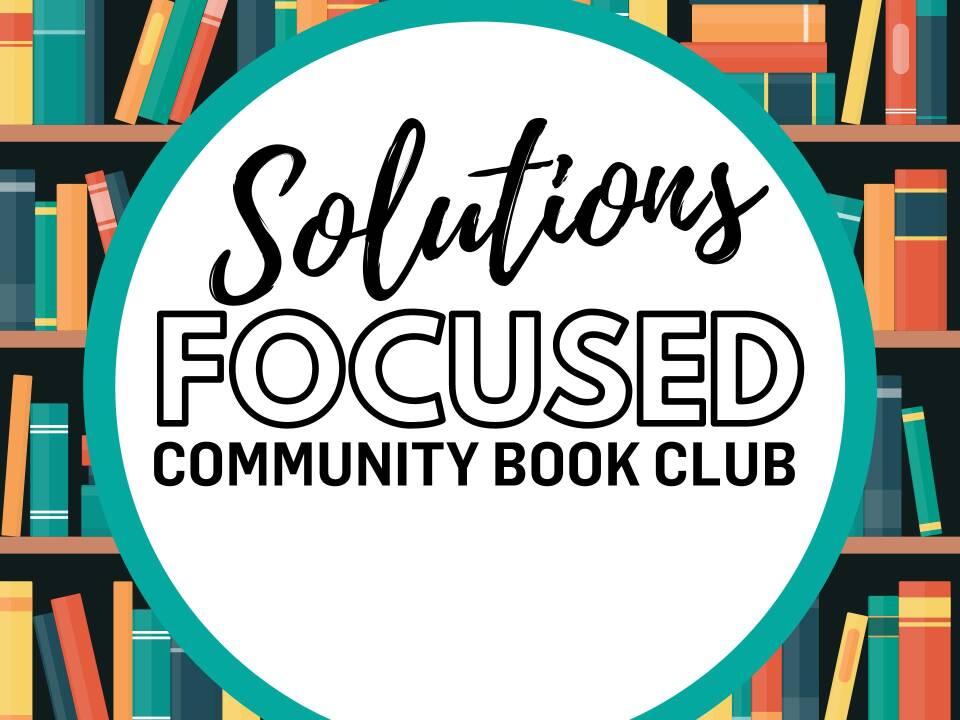
 Sahar Mitchell is the current Program Manager at Social Venture Partners, Tucson. In her role, Sahar strengthens relationships between 2Gen non-profit agencies in SVP’s network and facilitates meaningful opportunities for philanthropic Partners to engage with these community-based organizations. She brings her commitment to community building and implementing collaborative change to the SVP team from years of working for economic development organizations and in arts administration.
Sahar Mitchell is the current Program Manager at Social Venture Partners, Tucson. In her role, Sahar strengthens relationships between 2Gen non-profit agencies in SVP’s network and facilitates meaningful opportunities for philanthropic Partners to engage with these community-based organizations. She brings her commitment to community building and implementing collaborative change to the SVP team from years of working for economic development organizations and in arts administration.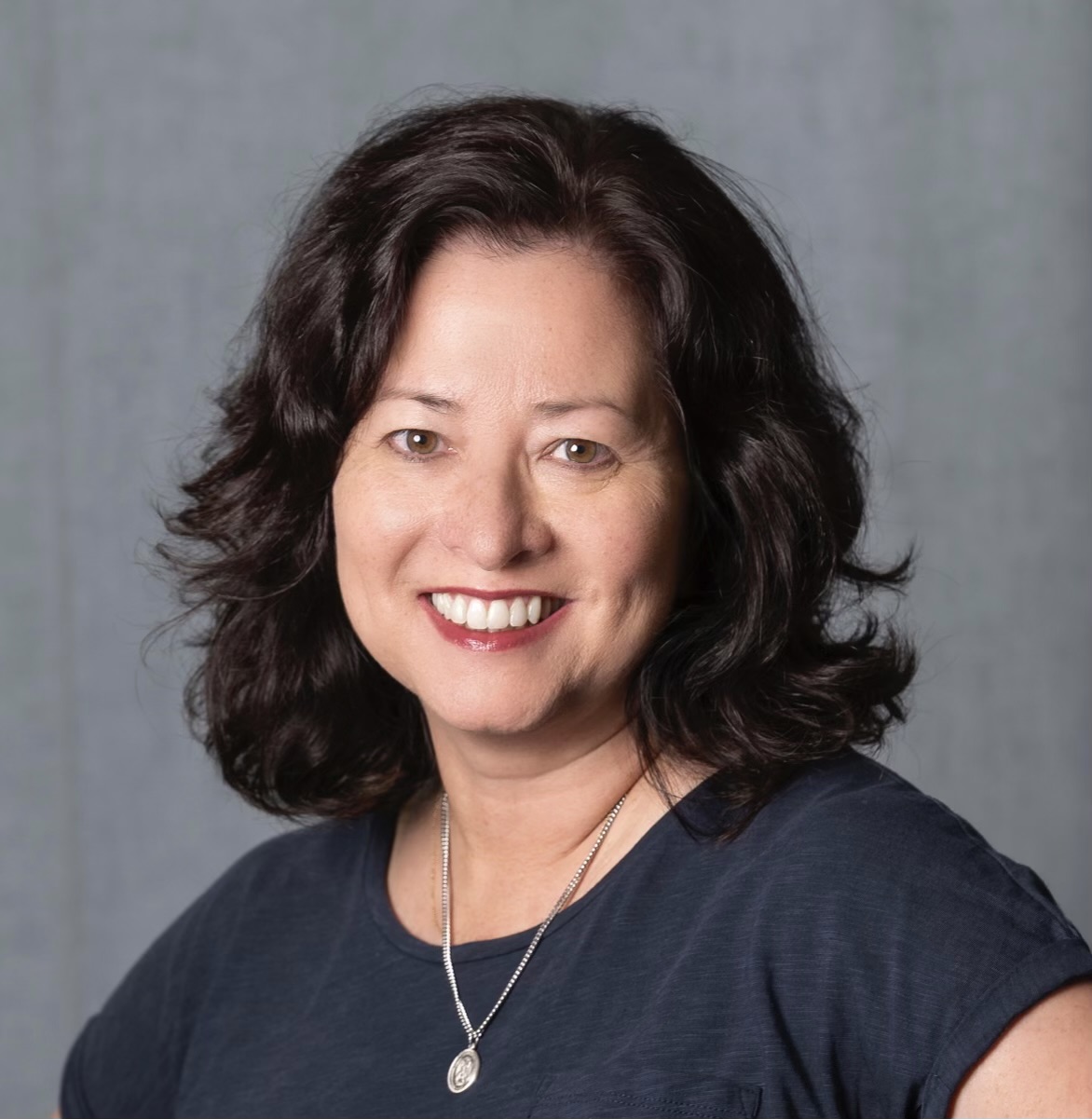 Tisha R. Tallman comes to the Primavera Foundation with 17 years of executive experience in national, regional, and state non-profit organizations, advocating for individuals, families, and communities at the intersection of poverty, homelessness, and race/ethnicity.
Tisha R. Tallman comes to the Primavera Foundation with 17 years of executive experience in national, regional, and state non-profit organizations, advocating for individuals, families, and communities at the intersection of poverty, homelessness, and race/ethnicity.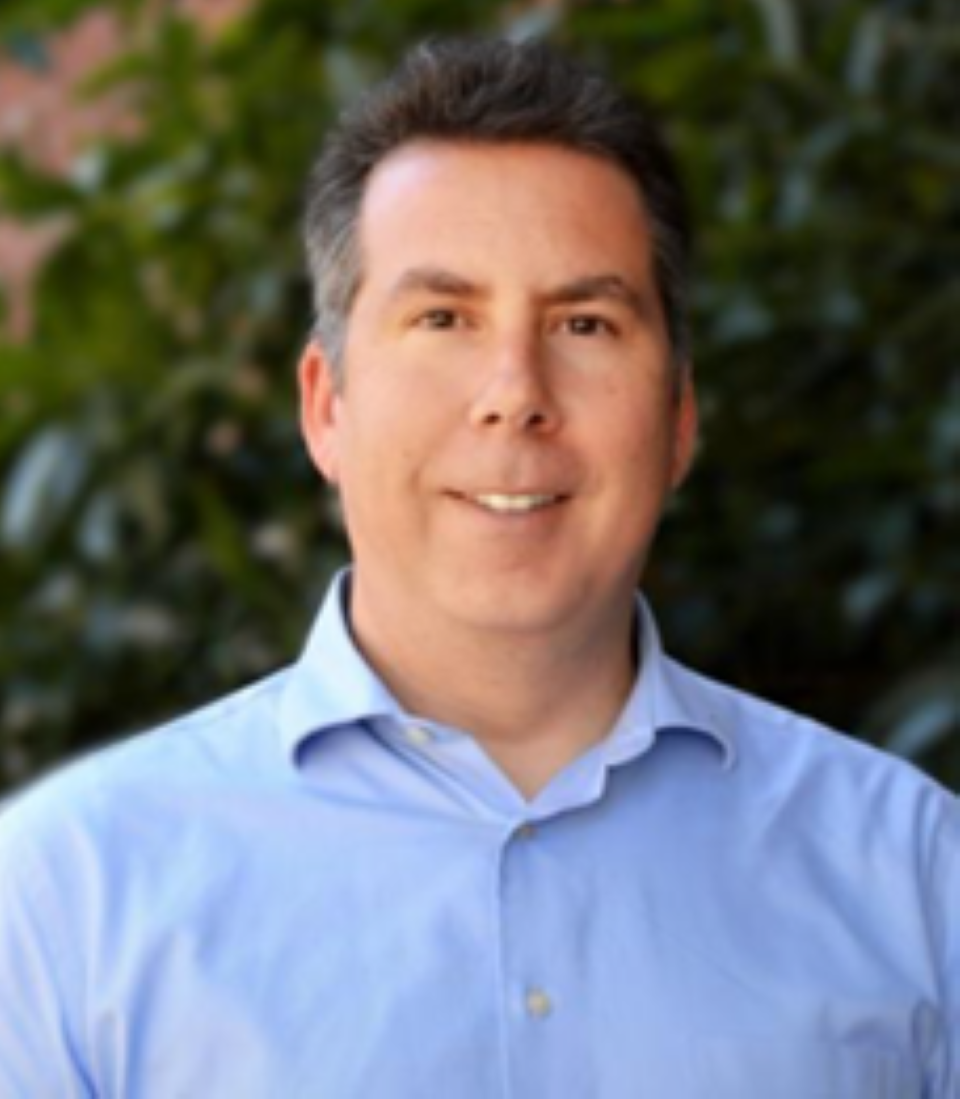 Brian Mayer is a Professor of Sociology at the College of Social and Behavioral Sciences with expertise in the area of poverty as well as other areas. Dr. Mayer supported the Tucson Mayor’s Poverty Commission from 2012-2014. He also developed the experiential learning Tucson Poverty Project class that incorporates community-based research approaches and has received recognition for his innovative work in teaching and community engagement.
Brian Mayer is a Professor of Sociology at the College of Social and Behavioral Sciences with expertise in the area of poverty as well as other areas. Dr. Mayer supported the Tucson Mayor’s Poverty Commission from 2012-2014. He also developed the experiential learning Tucson Poverty Project class that incorporates community-based research approaches and has received recognition for his innovative work in teaching and community engagement.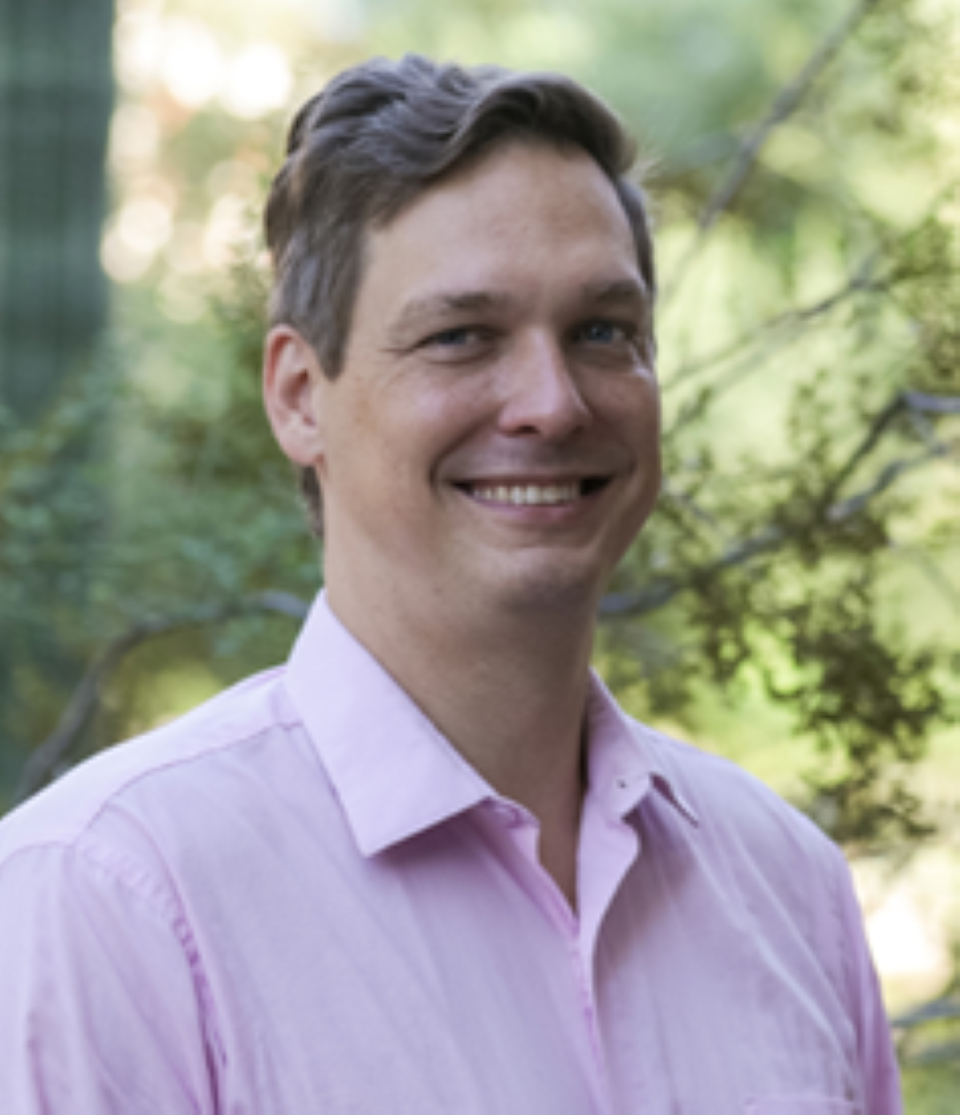 Keith Bentele, Ph.D., is an Associate Research Professor with the Southwest Institute of Research on Women (SIROW) in the College of Social and Behavioral Sciences and holds a Ph.D. in Sociology. Dr. Bentele’s research has examined state-level poverty rates, inequality, homelessness, and the generosity and accessibility of various safety-net programs.
Keith Bentele, Ph.D., is an Associate Research Professor with the Southwest Institute of Research on Women (SIROW) in the College of Social and Behavioral Sciences and holds a Ph.D. in Sociology. Dr. Bentele’s research has examined state-level poverty rates, inequality, homelessness, and the generosity and accessibility of various safety-net programs.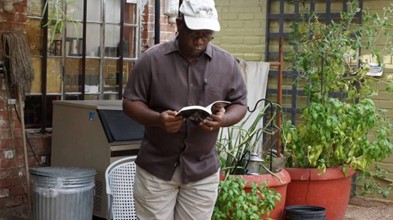 Internationally acclaimed author, reporter, motivational speaker, and educator Bobby Burns has been inducted into the Phoenix College Alumni Hall of Fame. His diary about his experience fighting for his life, Shelter: One Man’s Journey from Homelessness to Hope, has received critical acclaim, with chapters appearing in college textbooks in the United States and abroad. Drawing from his own personal experiences as they relate to homelessness, the absence of his biological father, scholastic struggles, and various other obstacles, Burns has allowed his life to be an open “book.” He has spoken to thousands of high-risk high school and college students by improving their study habits and increasing their retention rates. His “What Smart Know about College” motivational speeches continue to receive rave reviews from students, college instructors, and college administrators.
Internationally acclaimed author, reporter, motivational speaker, and educator Bobby Burns has been inducted into the Phoenix College Alumni Hall of Fame. His diary about his experience fighting for his life, Shelter: One Man’s Journey from Homelessness to Hope, has received critical acclaim, with chapters appearing in college textbooks in the United States and abroad. Drawing from his own personal experiences as they relate to homelessness, the absence of his biological father, scholastic struggles, and various other obstacles, Burns has allowed his life to be an open “book.” He has spoken to thousands of high-risk high school and college students by improving their study habits and increasing their retention rates. His “What Smart Know about College” motivational speeches continue to receive rave reviews from students, college instructors, and college administrators.